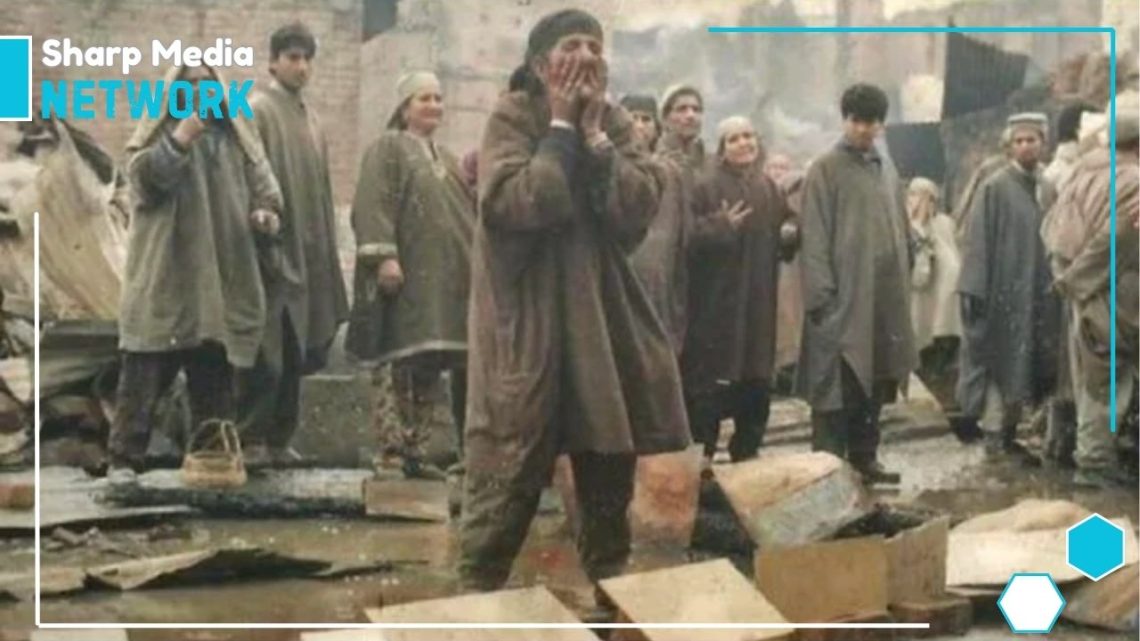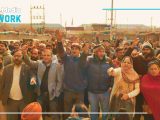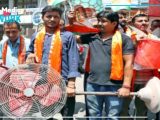
The Sopore Massacre Still Haunts IIOJK
January 6, 2025Three decades later, justice remains elusive for the families of the Sopore massacre victims, marking one of the darkest days in IIOJK’s history.
Justice evades the victims of the brutal Sopore massacre even after 32 years, a chilling reminder of the atrocities that unfolded on January 6, 1993, in Indian Illegally Occupied Jammu and Kashmir (IIOJK). On that fateful morning, Indian Border Security Force (BSF) personnel unleashed terror in Sopore town, killing over 50 innocent civilians and reducing the town’s main business hub to ashes.
The massacre began after a BSF soldier’s rifle was allegedly taken by an unidentified individual. In response, troops from the 94th Battalion of BSF embarked on a merciless rampage. Witnesses recount how the troops dragged a bus driver out and opened fire on passengers, slaughtering 20 people instantly. Following this bloodbath, soldiers torched surrounding buildings by dousing them with petrol, gunpowder, and kerosene.
Among the 57 dead, 48 were shot while nine perished in the flames. In total, approximately 400 businesses and 75 homes were razed in areas including Arampora, Muslimpeer, Kralteng, Shallapora, Shahabad, and Bobimir Sahab. The devastation reached landmark sites such as the Women’s Degree College.
Survivors, like Manzoor Ahmed, vividly recall the horror. “We watched helplessly as BSF troops fired indiscriminately at anyone in sight. Days later, we learned this was vengeance for a missing rifle. Innocent civilians paid the price.”
The Shalla family of Shallapora bore one of the heaviest losses, losing four family members in the carnage. Eyewitnesses reported how BSF soldiers deliberately set fire to shops and homes after executing the bus passengers.
Time Magazine labeled the Sopore massacre as one of the gravest atrocities in Kashmir’s history. It remains a glaring testament to the brutal oppression in the region.
Today, leaders from the All Parties Hurriyat Conference and human rights activists continue to honor the victims, urging international intervention to address the worsening conditions in IIOJK and bring long-overdue justice to the massacre’s survivors.

